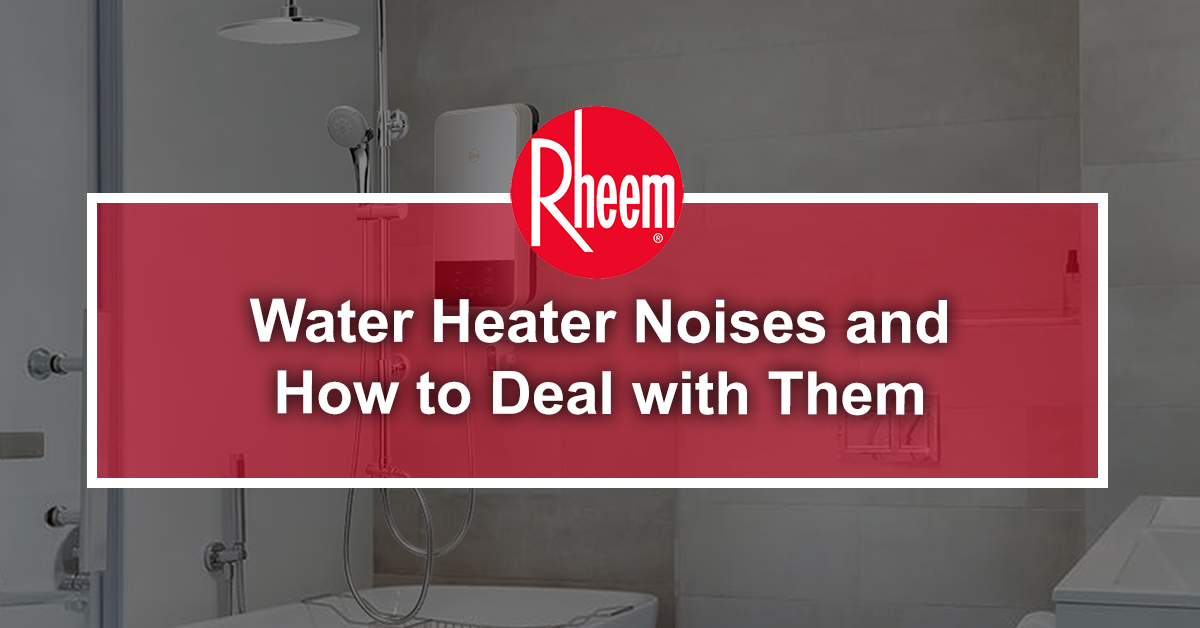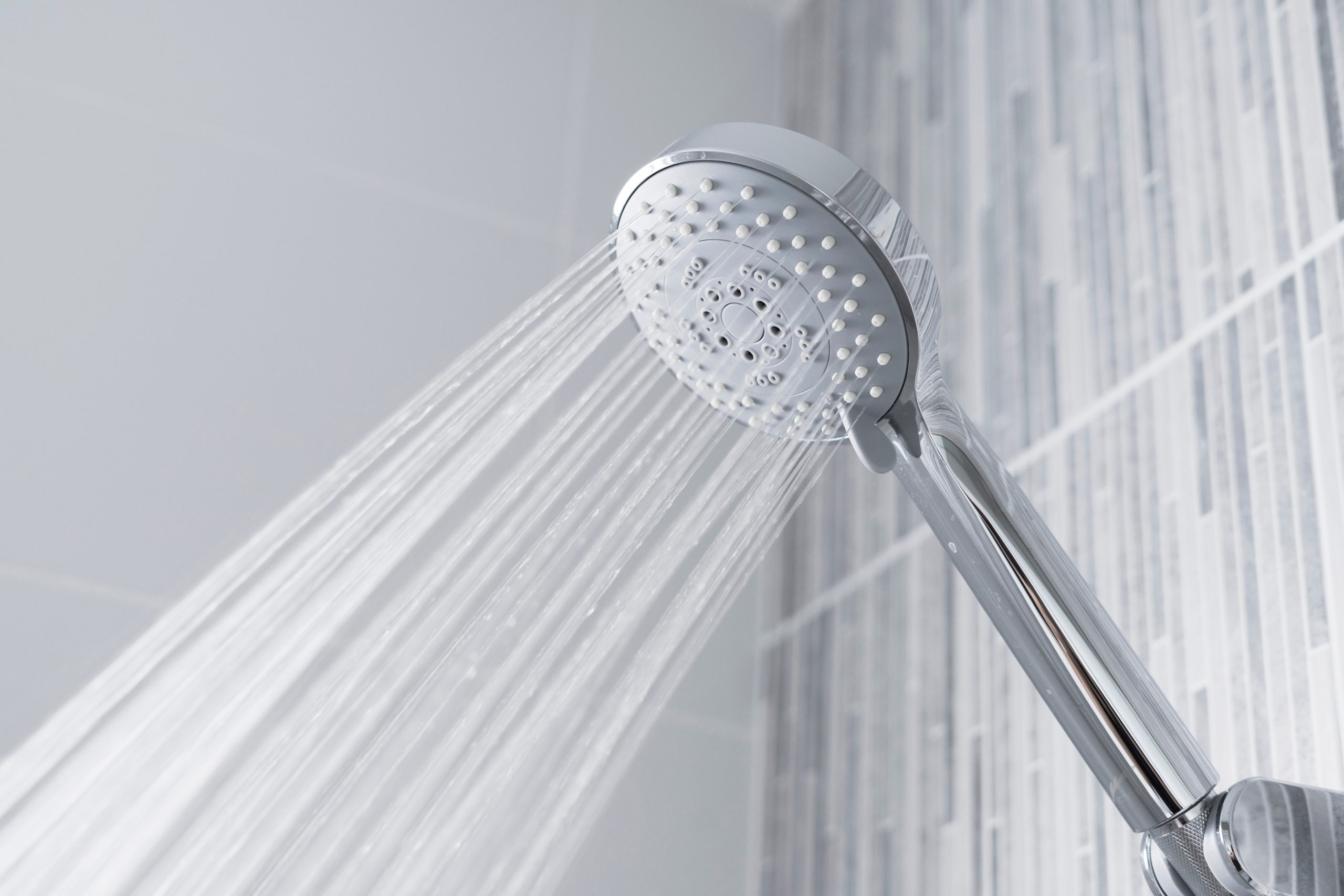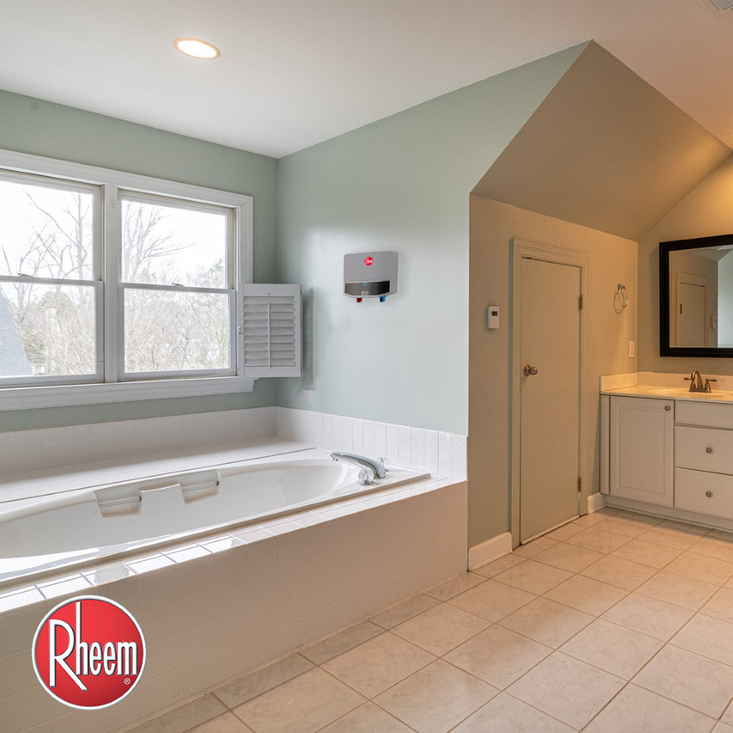
Investing in a reliable water heating system has become something many prioritize for their properties. Installing a water heating unit at home or a commercial establishment allows individuals instant access to heated water, eliminating the need to use stoves or electric kettles – which are more inconvenient. In addition to enjoying more convenience, property owners can save money in the long run if they install water heating solutions such as Heat Pump Water Heaters or Solar Water Heaters, designed to be more energy efficient.
With storage water heaters, households and commercial spaces can enjoy the convenience of heated water being delivered to multiple bathrooms or water points without experiencing any temperature or water pressure fluctuations. However, since storage water heaters usually undergo an extensive workload frequently, it usually leads to the heating unit showing signs of wear and tear earlier than usual. One of the common symptoms of a failing bathroom heater is the unusual noise it emits, whether being used or not.
Similar to other appliances, a questionable or unexpected noise in the heating unit indicates an underlying problem inside the equipment. A heater makes different types of noises, and not paying attention to them might result in the water heating unit sustaining more damage. So, here are some of the most common noises you should keep in mind and some ways to deal with them to avoid costly repairs or replacements in the future.

Whistling or Screeching
One of the most concerning sounds a water heater can make for many is a whistling or screeching sound. This noise can be mainly attributed to the water heating unit’s valves. The usual cause of this is if there is a limited water flow passing through the valve. There are instances when the valves are not fully opened or have deformations, leading to a restricted water flow inside the heater. You can sort this by fully opening the valves or looking for possible deformities in the valve to know if you need to replace them.
A problem with the temperature and pressure relief valve can also cause a whistling and screeching sound. This component allows water to escape the unit in case of too much pressure inside the tank. If this is where the sound is coming from, you should immediately turn off the heater’s power and water source and call a professional to help fix the issue.
Popping
One of the common disadvantages of purchasing an electric storage water heater is the possibility of sediment buildup over time. This is normal for storage water heaters, especially if the area the property is in has hard water, which refers to water with high mineral content. There are usually bubbles building up under the sediment buildup, eventually leading to it bursting when the water heats up, producing the popping sound.
You can fix this by manually turning off the heater and draining the tank before manually descaling the buildup. But apart from this, you can also replace the heater’s anode rod, designed to help attract the sediments in the water to prevent buildup and corrosion.
It is recommended to drain your storage water heater once every year to ensure the sediment buildup is kept to a minimum.
Rumbling
Another usual noise resulting from extensive sediment buildup inside the tank is a rumbling sound. This usually happens when the stockpile of sediment gets agitated when the water gets warmer, causing a rumbling noise when moving around the tank. Draining the tank and cleaning the buildup can also solve this issue.
Hissing or Crackling
Unlike the noises above, which are usually connected to storage heaters, a hissing or crackling sound usually happens on a tankless instant water heater. And one common reason for this noise is if there is an obstruction in the unit’s heating element, primarily if the heater is powered by electricity. This can lead to the water heater working harder than usual and might lead to higher bills and damage to other internal components of the heating unit.
But, if the water heater is running on gas, this sound is usually caused by a moisture buildup. This can indicate a leak inside the tank and disregarding this can bring more damage to the heating unit. It is better to immediately inspect whether sediments are building around the heating element or if there is a pool of water near or around the unit so you can instantly know if there is a need for repairs.
Conclusion
Water heaters can make strange noises, but most are caused by common problems that you or a plumber can quickly fix. If you’re experiencing a noise that you can’t identify or seems abnormal, it’s best to call a professional to check it out. By understanding the standard water heater noises and how to deal with them, you can keep your water heater running smoothly and avoid costly repairs.
And if you are looking for the best bathroom heater in the market, why not choose Rheem? With almost 100 years in the water heating industry, Rheem has constantly focused on innovating and creating more advanced, high-quality, and intuitive water heating solutions to suit our customer’s unique needs. With Rheem, you can enjoy reliability, durability, and functionality.
Browse our extensive range of water heaters and learn more about the types of water heaters Rheem Philippines has available on our website. For any inquiries or more information about our products, you can also talk to one of our representatives by clicking here.

Subscribe

At Rheem, we strive to innovate
best-in-class products to lead the industry
in
environmental improvements.
Sustainability